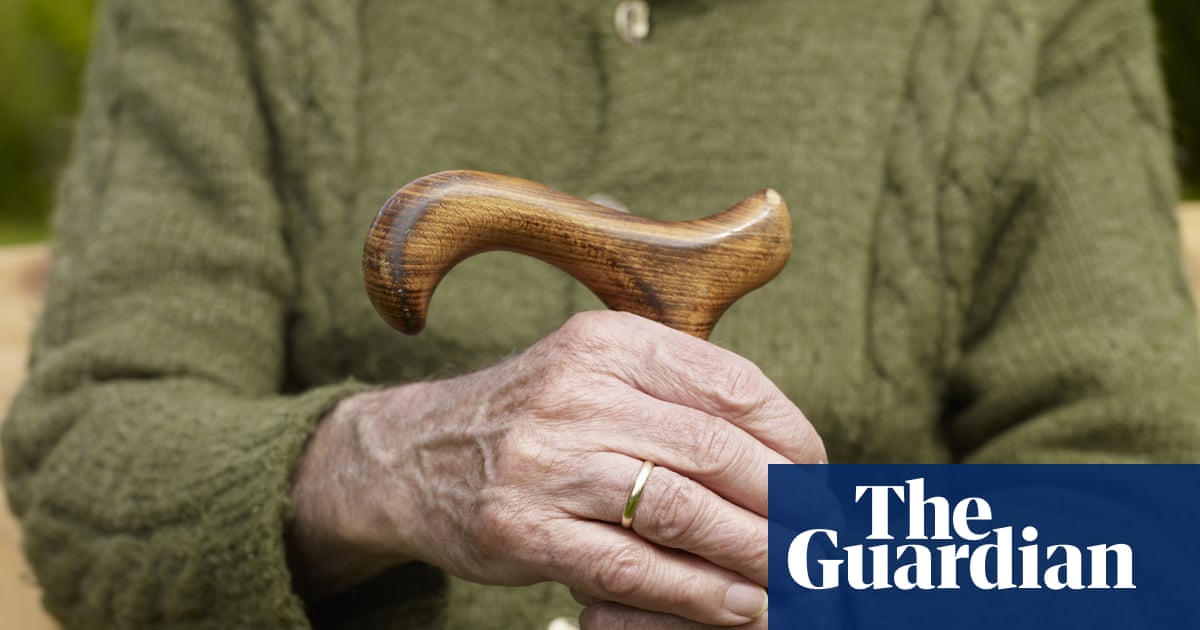Hospices are “on the brink” and two in five are making cuts this year despite the importance of end-of-life care if assisted dying becomes legal, the sector has warned before the first House of Lords debate on the legislation.
Hospice UK, which represents the sector, said many were financially struggling and still “in the dark” about how funding for end-of-life care will be improved when assisted dying legislation is passed.
The terminally ill adults (end of life) legislation is due to have its second reading in the House of Lords on Friday, with Charlie Falconer, a Labour peer and the co-sponsor of the bill, taking over from the MP Kim Leadbeater.
Before the debate, in which 190 peers have put their name down to speak, Falconer expressed optimism that it will pass through the Lords in time for it to become law by the spring.
“There is more than enough time for the Lords to scrutinise the bill and return it to the Commons before the end of the parliamentary session,” he said. “If there are ways that peers believe it can be further strengthened and improved, then Kim Leadbeater and I will be very open to considering them … I am sure peers will now fulfil their role with great care and compassion, as they always do.”
Peers may attempt to amend the legislation and any changes voted through would then go back to the House of Commons for consideration.
A report from a Lords committee on Monday suggested parts of the current bill hand too much power to ministers and appear to “sidestep parliament” over issues including which drugs should be used in assisted dying.
Much of the detail of how assisted dying would work in practice is yet to be thrashed out, and there is a possibility that the House of Lords will attempt to insert more clarifications about where and how it might take place and how it will be funded.
Hospice UK said adequate funding for hospices was essential if assisted dying is to go ahead, and highlighted the lack of clarity over the sector’s finances from next spring – when grants for children’s hospices and a bailout of £100m for capital spending are due to run out.
Toby Porter, the chief executive of Hospice UK, said: “Hospices are on the brink. Surging costs have led to many services being cut back – just as demand is rising, fast, because of our ageing population. As it stands, roughly two in five hospices are planning to make cuts this year.”
He said many hospice leaders were asking themselves whether charitable donations would be able to bridge the gap between government funding and expenditure, warning: “The situation is not sustainable – and time is running out. With assisted dying likely on the horizon, it’s essential that hospices are supported now.”
skip past newsletter promotion
Our morning email breaks down the key stories of the day, telling you what’s happening and why it matters
Privacy Notice: Newsletters may contain information about charities, online ads, and content funded by outside parties. If you do not have an account, we will create a guest account for you on theguardian.com to send you this newsletter. You can complete full registration at any time. For more information about how we use your data see our Privacy Policy. We use Google reCaptcha to protect our website and the Google Privacy Policy and Terms of Service apply.
after newsletter promotion
“Hospices remain in the dark about what is expected of them should assisted dying be legalised,” he said. “The bill being debated today in the House of Lords has huge ramifications for hospices and end-of-life care as a whole, yet it has no detail on where assisted dying would take place or how it would be funded. If assisted dying is to become law, it’s essential that hospices have the space and flexibility to determine what the bill means for the services they provide and the communities they serve.”
“Hospices spend £1.2bn per year directly on care, of which only £485m is funded by the government. As a society, are we willing to accept a state-funded assisted dying service when so much essential end-of-life care is reliant on charity?”
Asked this month if the children’s hospice grant will be renewed beyond April next year, Stephen Kinnock, the health minister responsible for end-of-life care, said a decision would be published in due course.
A Department of Health and Social Care spokesperson said: “We are working to make sure the palliative and end of life care sector is sustainable, as we shift more healthcare out of hospitals and into the community.
“We are also investing an extra £100m to improve hospice facilities – which is the biggest investment in hospices in a generation.”

